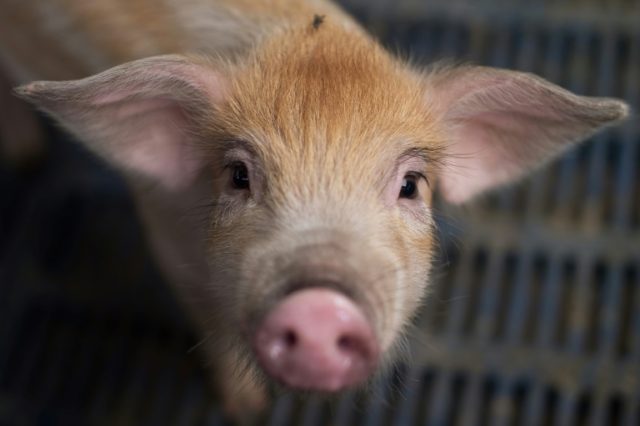Only the Chinese government’s approval process could prevent research institutions from implementing a transplantation technique poised to save countless lives.
Xenotransplantation, or the process of transplanting animal organs into human beings, is on the verge of becoming a real and tangible way to save the lives of those who might otherwise perish before ever finding a compatible human organ. For children with heart defects, or those whose internal systems have failed because of injury or disease, the advancement represents a chance for survival.
Pig organs are the most likely substitutes for human ones, considering their close similarity in both size and metabolism. Studies thus far have shown great promise. In 2015, a baboon survived 945 days on a genetically modified pig heart, and the advancements have continued at a pace that suggests a genuine reason for hope.
But in order to progress further, human trials will be necessary. For that reason, ten separate Chinese research institutions are petitioning their government for the freedom to perform clinical trials involving actual human transplantation. The organ bank is already in place; cloning farms already produce about 1,000 pigs per year, according to a report by the South China Morning Post.
Given the appropriate support, xenotransplantation could be a practical reality in as little as two years. But Zhao Zijian, Director of the Metabolic Disease Research Centre at Nanjing Medical University in Jiangsu, worries that the government’s continued reluctance is leaving blood on their hands:
We have patients dying from organ failure and their desperate relatives pleading for them to have the chance to live.
But when we turn to the authorities in charge of approving the clinical trials, all we get is silence.
We understand it must be very hard for the government to make a decision, but it’s time we got an answer.
Every ten minutes, another innocent life is added to the list of thousands awaiting transplant. Every day, 20 people on that list will die without ever having a chance. This is a literal matter of life and death, and only the reservations of the healthy stand in its way. For the thousands who will watch their children perish for lack of a vital, viable transplant, the choice is clear.
We are left with one important question — why is China leading the way on xenotransplantation and not the United States?
Follow Nate Church @Get2Church on Twitter for the latest news in gaming and technology, and snarky opinions on both.

COMMENTS
Please let us know if you're having issues with commenting.